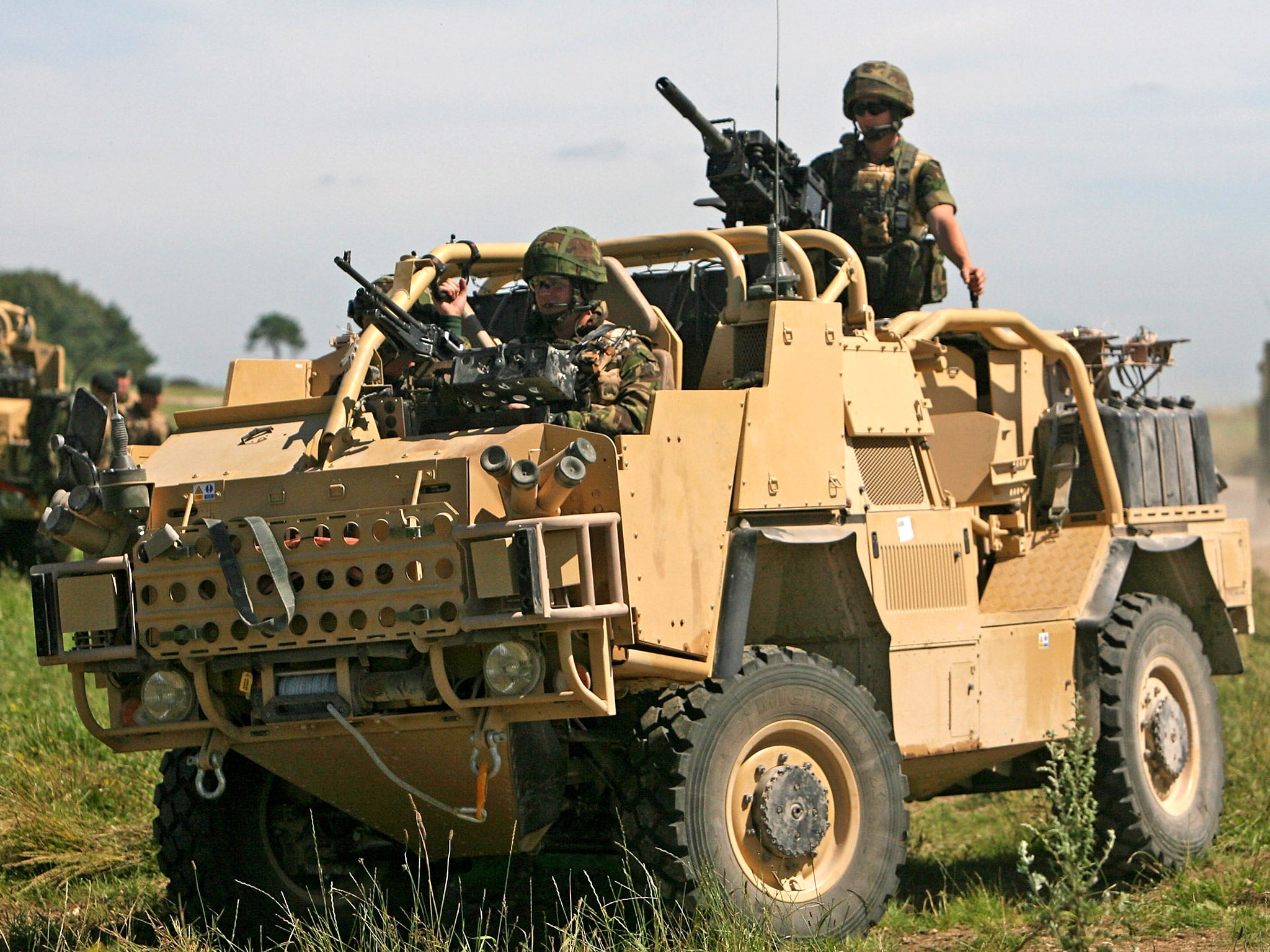British military stock left over from Afghan war being moved out

The details of what has been happening to Britain’s military equipment in Afghanistan were given today as the government there assumed responsibility for security across the country and international forces embarked on the final part of their exit strategy from the war.
The pull-out of British forces from Afghanistan involves a massive clearance of military stock built up over a dozen years. The fleet of Merlin helicopters are being redeployed to the UK after four years of service in Helmand, as, so far, are almost 170 armoured vehicles. These include 53 Jackals, which cost £350,000 each, and 21 Ridgebacks costing £1.4m each, along with £21m worth of vehicle and technical spare parts.
There were 137 UK bases operating at the height of the conflict in 2011, but there are now only 13 remaining in central Helmand. Most of them are expected to be dismantled, but medical equipment, two forward-operating bases, three patrol bases and 20 checkpoints, with an approximate value of £630,000 have been gifted to Afghan security forces.
Some material, such as metal sheeting, is being sold off for scrap, and some has been destroyed.
Equipment considered to be of a sensitive nature security-wise, or of high value – including armoured vehicles weapons and ammunition – is being flown out rather than being risked on the land corridor through Pakistan, which has come under regular attack from insurgents.
Much of this equipment is then being freighted out by sea from ports in friendly states in the Middle East.
Lieutenant General Nick Carter, the UK’s most senior officer in Afghanistan, said insurgents remained capable of mounting dramatic attacks, but insisted Afghan forces were “quite capable of seeing them out”.
The deputy commander of Isaf told BBC Radio 4’s The World At One: “The insurgency still have the capacity to mount spectacular attacks in Kabul and in other Afghan cities. However, what gratifies us is that the Afghans are able to deal with this on their own now. Their intelligence systems are improving significantly.”
Asked if he expected an upsurge in Taliban violence, he replied: “Absolutely, I would.”
Join our commenting forum
Join thought-provoking conversations, follow other Independent readers and see their replies
Comments